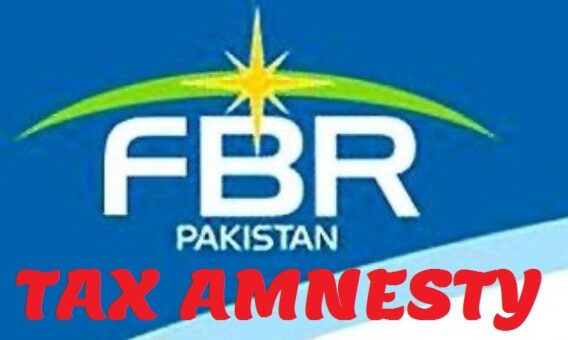KARACHI: Federation of Pakistan Chambers of Commerce and Industry (FPCCI) on Monday sought sizeable cut in tax rates in upcoming budget 2021/2022 to mitigate industrial losses due to coronavirus.
FPCCI’s Businessmen Panel Chairman Mian Anjum Nisar, in a statement, said that the government will have to make visible reduction in taxes in the budget 2021-22 to help revive the businesses in post-corona economic strategy.
He recommended the government to take serious steps for bringing down cost of production, which is very high due to local currency depreciation, rising power tariffs, costly fuel and escalating import duties on inputs.
While talking to a traders delegation here on Monday, Mian Anjum Nisar, who is also former president of FPCCI, said that like the domestic industry Covid-19 crisis has also forced the global investors to put their new investment plans on hold. He said that there is no visible improvement in employment even after the business activities were allowed and countrywide lockdown eased. The small and medium industries (SMEs) -the main providers of jobs are still struggling because of lack of funds and demand.
Mian Anjum Nisar asked the government to take concrete steps to attract foreign investment, saving the livelihood of millions of workers associated with various sectors, as Foreign direct investment (FDI) has kept falling during the current fiscal, declining by 35 percent at the end of the third quarter, reflecting no improvement in the situation for investors.
Quoting the SBP data, he said that the FDI fell by 35% to $1.39 billion during July-March FY21 compared to $2.15 billion in the same period of last fiscal. The inflow in March was just $167.6 million compared to $278.7m in the same month of last year — a decline of 40%.
While the poor inflows of FDI have continued for more than five years, the government remained unable to offer anything new to attract foreign investors this year, mainly due to the coronavirus pandemic.
Pakistan has reopened its economy from the lockdown. Majority of the sectors in manufacturing and almost entire agriculture sector are operational now. He said that foreign direct investment figures of the previous year reflected the same poor scenario.
The BMP Chief said that Pakistan has succeeded to improve its balance of payments with record remittances in FY20. He said that Pakistan can be a potential market for foreign investors, who still have plans to make fresh investment in the country, but they have continued to wait for the return of economic stability. He highlighted uncertainty in the rupee-dollar parity as one of the major concerns of foreign investors.
He said a slowdown in the economy had badly impacted business confidence. It is must for the authorities concerned to first create an enabling environment for the local businessmen desiring to make new investment. He said that the return of stability to the financial health of the firms is a must to attract new foreign investment in Pakistan.
Resenting frequent increase in power tariff the FPCCI former president strongly opposed the government plan of increasing base electricity tariff across the country by a cumulative Rs5.36 per unit in three phases over the next two years.
Mian Anjum Nisar said the constant increases in energy rates on the behest of the International Monetary Fund would make the Pakistani products uncompetitive in the international market.
He said the regular attempt of economic managers to increase oil prices along with the hike in power and gas tariffs will ultimately harm the government’s overall move of reducing the production cost in the country announced by the prime minister in various phases.
Mian Anjum Nisar said it was imperative to make power and gas tariffs for domestic, as well as export sectors compatible with the tariff being applied in regional and neighbouring countries.
He said that with a view to save the economy from the impacts of the slowdown due to the COVID-19 the government should offer out of the box solution for a cash-strapped SMEs, which represents more than 90 percent of around 3.2 million business enterprises in Pakistan, contributing 40 percent to the GDP, employing more than 80 percent of non-agricultural workforce, and generating 25 percent of export earnings.







